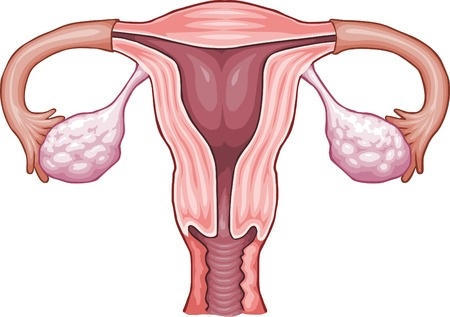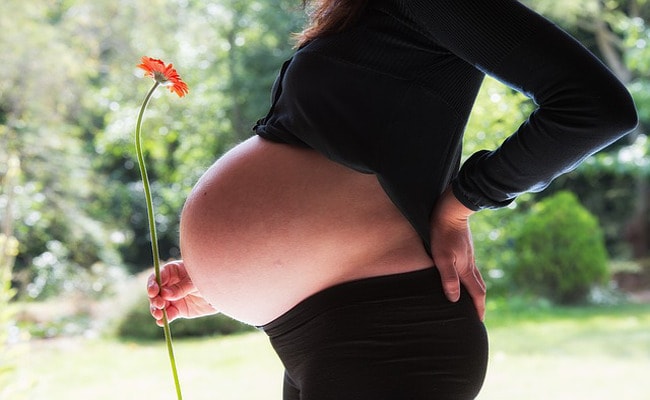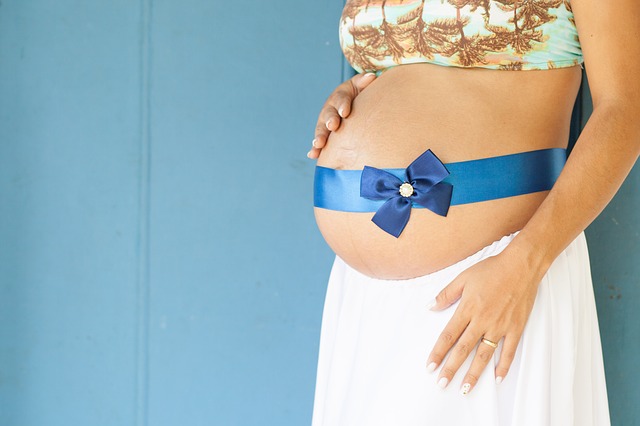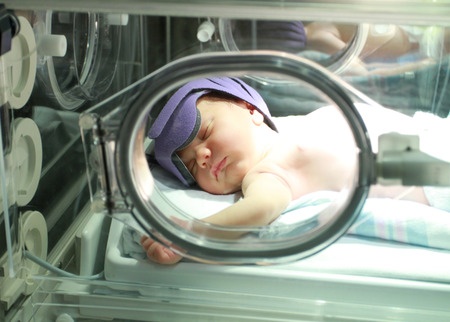Amniocentesis is an invasive procedure that allows the obstetrician to rule out genetic and chromosomal problems with the baby long before birth. In amniocentesis, amniotic fluid is withdrawn from the amniotic sac to test for specific genetic disorders and birth defects.

Amniotic fluid is the water that surrounds the fetus, protecting the fetus and providing it with nourishment. Floating around in the amniotic fluid are cells from the baby, providing genetic material for testing.
When is it performed?
Amniocentesis is usually performed in the second trimester between 16 – 18 weeks.
Reasons for performing amniocentesis includes: advanced maternal age (>35 years old); blood test or ultrasound showing a birth defect; family history of genetic disorders; previous child or pregnancy with birth defect. In the third trimester, it may also be done to determine fetal lung maturity, check for anemia in the baby and congenital infections.
How is amniocentesis performed?
Ultrasound is used to create an image of the fetus and identify important structures. A safe place is then chosen to insert the needle. The skin is numbed with an anesthetic where the needle will be inserted. A thin needle is inserted into the amniotic sac to withdrawn between 15-20 mls of amniotic fluid. The site of injection is then covered with a dressing.

What to expect after amniocentesis
You may experience mild cramping of the abdomen, and you will be advised to avoid strenuous activity for at least 48 hours. An ultrasound will be performed to monitor baby’s heart beat
What are the risks of amniocentesis?
There is a 0.5% risk of miscarriage due to leakage of amniotic fluid from the amniotic sac. Infection is generally rare. Injury to fetus or placenta. This can be avoided by ultrasound monitoring.
How soon will results of amniocentesis take to return?
It takes between 2-3 weeks for the full chromosome report. New techniques which allow identification of specific genetic or chromosomal disorders may yield results within 48 hours.
This article was first published in The New Age Parents e-magazine
 By Dr Ben Choey
By Dr Ben Choey
Specialist in Obstetrics and Gynaecology
A gynaecologic surgeon who has been committed to women’s health for more than 10 years, Dr Choey obtained his Master of Medicine (O&G) and became a member of the Royal College of Obstetricians and Gynaecologists (United Kingdom) in 2007. He was also appointed Clinical Tutor in Yong Loo Lin School of Medicine and Duke-NUS Graduate Medical School
If you find this article useful, do click Like and Share at the bottom of the post, thank you.
Want more comprehensive info? Read our pregnancy e-guides here.

























































Leave a Comment: